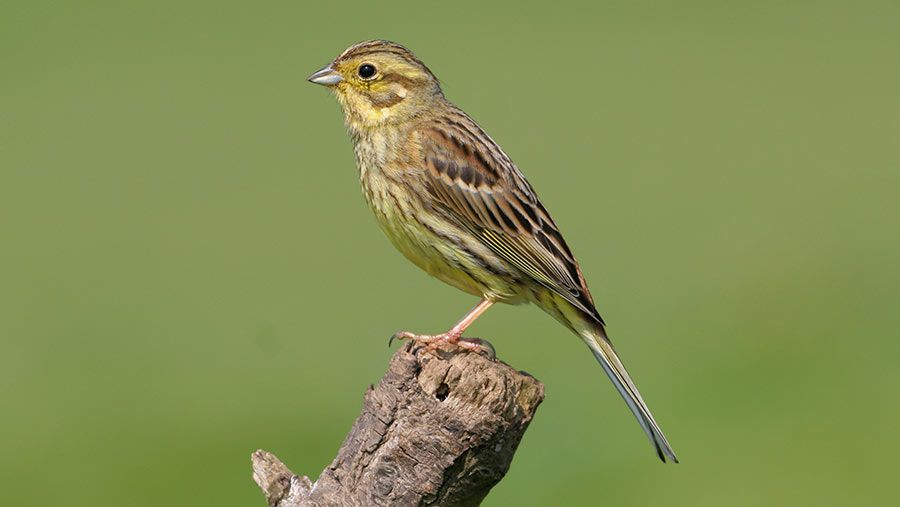Wildlife groups say farm subsidies ‘must restore nature’
 © Neil Bowman/FLPA / imageBROKER/REX/Shutterstock
© Neil Bowman/FLPA / imageBROKER/REX/Shutterstock Farmers should be rewarded to protect and restore the farmed environment in a post-Brexit agricultural policy, say conservationists.
WWF-UK, National Trust, the Wildlife Trusts and the RSPB are calling on the government to make a “fundamental reform” of UK agricultural policy “so that it works better for nature, farming and rural communities”.
In a joint vision published on Saturday (1 October), they say agricultural policies that influence management of our countryside “could do much more to support farmers to restore nature”.
See also: Intensive farming linked to wildlife decline
The recent State of Nature report suggests 56% of native British wildlife species are declining. It blamed the decline largely on intensive farming practices.
With farmland covering more than three-quarters of the UK’s landscape, farmers and land managers are “uniquely placed to help meet the challenge of restoring nature”, says the two-page leaflet.
The wildlife groups call on the government to deliver:
- A new policy for the countryside to replace the CAP that delivers high environmental standards for land management
- The creation of an independent Policy Commission to examine future policy for the environment, farming and rural development
- A joined-up approach between government policies and plans for farming and the environment
- Continuation of agri-environment schemes until a replacement policy is available
‘Bold and radical approach’
Steve Trotter, director of the Wildlife Trusts said the government must adopt a “bold and radical approach” to how farm subsidies are used to deliver a healthy countryside.
“We need clean water, beautiful landscapes full of wildlife, nutritious food, healthy soils, jobs, room for people to exercise close to nature, as well as practical benefits such as reduced flood risk,” he added.
“This is a once-in-a-generation chance to help reverse the huge decline in wildlife and it must not be missed.”
Collectively, WWF-UK, National Trust, the Wildlife Trusts and the RSPB own and manage 500,000ha of land, about half of which is actively farmed, either in hand or by one of their 2,000 tenants and graziers.
As major landowners and farmers, they receive CAP funding, which they use to deliver specific benefits.
Commenting on the report, NFU vice-president Guy Smith said: “It’s always disappointing to read a vision for farming that hardly mentions food or the all-important issue of trade. It says a lot about the priorities of the authors.”
Conservative Party conference
The relationship between farming and the environment after Brexit will be under the spotlight at a Conservative Party conference fringe event this week.
Ross Murray, president of the Country, Land and Business Association (CLA), said: “Brexit provides a unique opportunity to establish a long-term, world-leading food, farming and environment policy that delivers better outcomes for our environment while also ensuring a resilient farming sector.
“If post-Brexit policies do not ensure that farming remains viable, it will not just be the rural economy and local communities that suffer, but also the delivery of land stewardship and environmental improvement work.”
